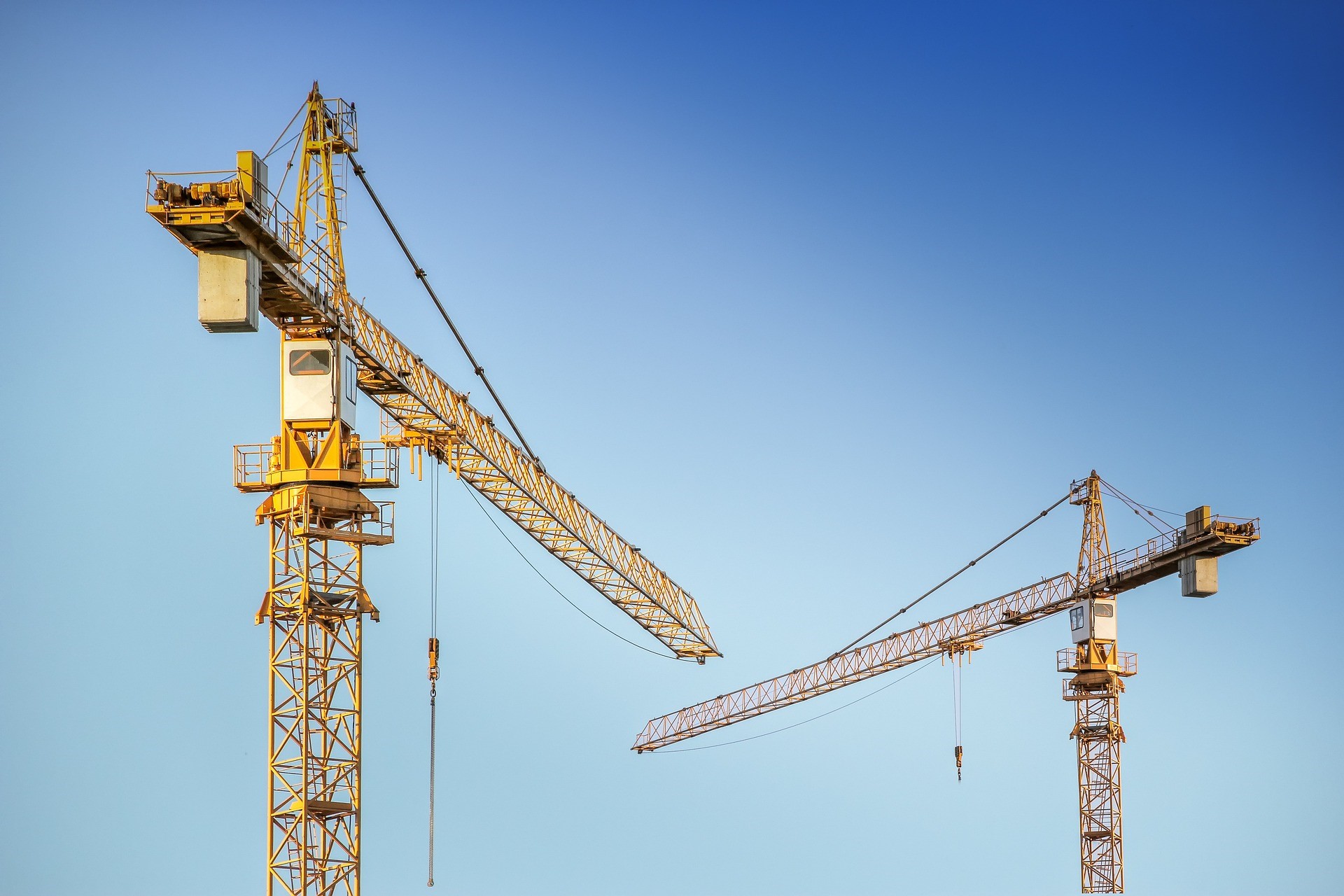
Construction literacy refers to the understanding of fundamental concepts, processes, and practices within the building industry. As construction projects become increasingly complex and technology-driven, having a solid foundation of knowledge is essential for all stakeholders involved, including architects, engineers, contractors, and clients. This guide explores the importance of inca construction literacy, its key components, and how it contributes to successful project outcomes.
Importance of Construction Literacy

1. Improved Communication
- Common Language: Construction literacy fosters a shared vocabulary among professionals, enhancing communication and collaboration across disciplines.
- Clarity in Expectations: Clear understanding of terms and processes helps set realistic expectations for all parties involved, reducing misunderstandings.
2. Enhanced Decision-Making
- Informed Choices: Knowledge of construction methods, materials, and regulations enables stakeholders to make informed decisions that affect project outcomes.
- Risk Management: Understanding potential risks and challenges allows for better planning and mitigation strategies.
3. Increased Efficiency
- Streamlined Processes: Familiarity with construction workflows and best practices can lead to more efficient project management and execution.
- Resource Optimization: Knowledge of materials and techniques helps optimize resource allocation, reducing waste and costs.
4. Quality Assurance
- Standards and Codes: Understanding building codes and industry standards ensures compliance, leading to safer and higher-quality constructions.
- Quality Control: Construction literacy helps identify quality issues early, allowing for timely corrections and improvements.
5. Safety Awareness
- Risk Identification: Knowledge of safety protocols and hazards helps create a safer work environment, reducing accidents and injuries.
- Regulatory Compliance: Understanding safety regulations ensures adherence to legal requirements, protecting workers and organizations.
Key Components of Construction Literacy
1. Construction Processes
- Project Lifecycle: Familiarity with the stages of a construction project, from planning and design to execution and completion.
- Construction Methods: Understanding various construction techniques, such as traditional framing, modular construction, and sustainable building practices.
2. Building Materials
- Material Properties: Knowledge of different materials (e.g., wood, concrete, steel) and their properties, benefits, and limitations.
- Sustainable Options: Awareness of eco-friendly materials and practices that minimize environmental impact.
3. Design Principles
- Architectural Concepts: Understanding basic architectural principles, including aesthetics, functionality, and spatial planning.
- Structural Integrity: Knowledge of structural design and engineering principles that ensure safety and durability.
4. Regulations and Standards
- Building Codes: Familiarity with local, national, and international building codes that govern construction practices.
- Safety Standards: Understanding occupational safety and health regulations that protect workers on construction sites.
5. Project Management
- Planning and Scheduling: Knowledge of project management techniques, including Gantt charts, critical path method, and resource allocation.
- Budgeting: Understanding cost estimation, budgeting, and financial management in construction projects.
6. Technology in Construction
- Building Information Modeling (BIM): Familiarity with BIM technology that enhances collaboration and visualization in the design and construction process.
- Construction Software: Awareness of software tools used for project management, scheduling, and communication.
Conclusion
Construction literacy is a vital component of success in the building industry. By fostering a foundational understanding of construction processes, materials, regulations, and technologies, stakeholders can enhance communication, decision-making, efficiency, quality, and safety in their projects.
As the construction industry continues to evolve, ongoing education and training in construction literacy will empower professionals to adapt to new challenges and innovations. By prioritizing construction literacy, the industry can improve project outcomes, promote sustainability, and ensure a safer, more efficient built environment for all.
Read Also About Classic literature refers to works that have endured through the centuries, continuing to resonate with readers due to their universal themes, complex characters, and insightful commentary on society and the human experience.







